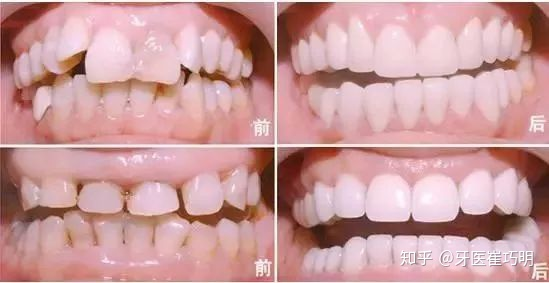Let me tell you a common sense: Dentists suggest that you choose zirconia all-ceramic teeth because it is for your long-term consideration.
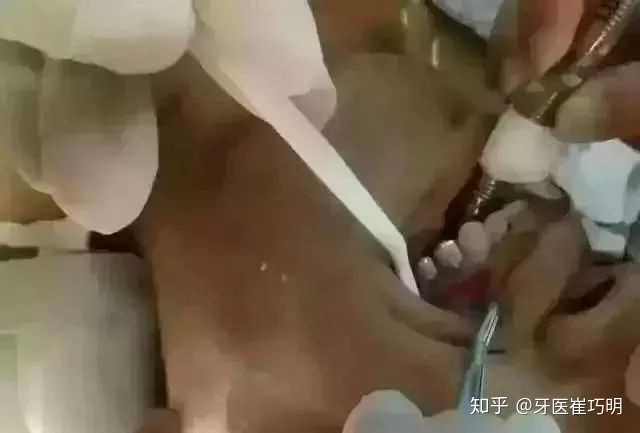
Let me explain to you why dentists recommend zirconia all-ceramic teeth. Once there was a patient who suffered a severe head and neck injury and needed surgery. Before the surgery, an MRI scan was required, but it was discovered that the patient had metal crowns on teeth 4 and 5, affected the quality of the MRI images and required removal. However, due to the requirement of endotracheal intubation, the patient couldn't be placed on a dental chair causing inconvenience for both the patient and the doctors.
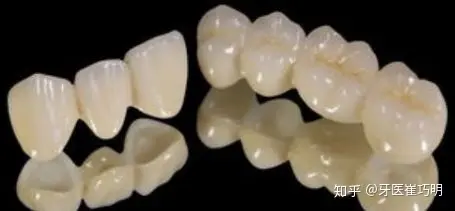
This incident caught the attention of many dentists because hindering MRI scans meant the inability to save lives immediately.
Therefore, when most dental patients choose to have metal or all-ceramic dental crowns, most dentists advise opting for zirconia ceramic crowns, which are reliable and do not interfere with MRI or CT scans.
Now, let's discuss the things about zirconia all-camic teeth.
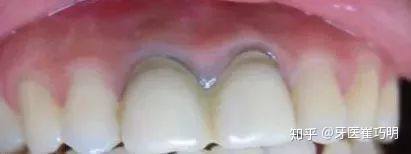
Why is it recommended to have zirconia ceramic teeth?
For a long time, porcelain-fused-to-metal (PFM) crowns have been a popular method for dental restorations. However, the metal ions released from PFM crowns can cause adverse reactions in the body, such as gum discoloration, bleeding, and recession. Additionally, the translucency, color, and shape of PFM crowns differ significantly from natural teeth, resulting in a bluish-gray effect under light.
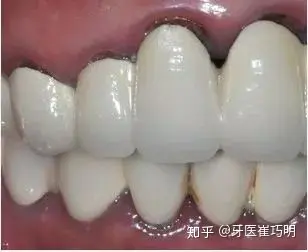
Furthermore, PFM crowns are unstable in the acidic environment of the oral cavity and can cause metal artifacts during CT or MRI scans. Therefore, the dental industry has been striving to change this situation. Currently, the most popular choice in the international dental community is the latest non-metallic zirconia ceramic series of crowns.
Metal-ceramic crowns have a black edge
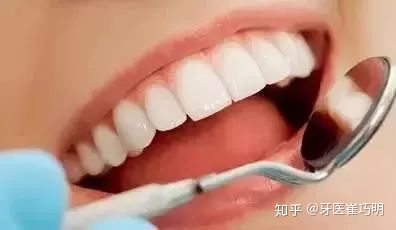
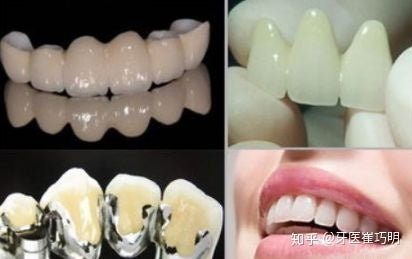
while zirconia all-ceramic teeth appear more natural.
Now, let's address the safety of zirconia. In terms of biocompatibility, zirconia used in medical and dental applications has demonstrated excellent performance. Over the years, numerous experiments and clinical cases have shown that zirconia does not have any toxic effects on bone and soft tissue cells, and there have been no reports of allergic reactions.
Zirconia is sometimes mistaken as a metal.
This confusion arises from the chemical concept of mixing metal elements and metals. Zirconia is not metallic zirconium or zirconium oxide. Although it contains metallic elements, it is an oxide ceramic. This is similar to the distinction between sodium chloride (the chemical composition of table salt) and metallic sodium.
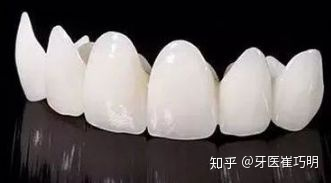
Regarding concerns about the radioactivity of zirconia, it should be noted that zirconium dioxide used for medical purposes is processed through multiple steps, such as purification and powder processing, which remove all impurities. The National Medical Products Administration in China has stringent standards for all ceramic materials on the market, and only those that meet the requirements of radiology experiments can be used as medical materials. This applies not only to zirconia but also to decorative porcelain, alumina oxide, glass ceramics, and others. Experiments have shown that the radioactivity of pure zirconia powder is not only lower than that of glass ceramics but is even lower than that of human bone tissue.
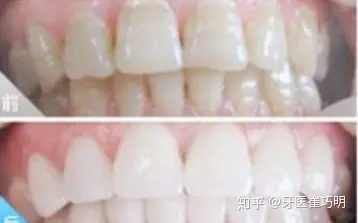
As for the porcelain fracture rate of zirconia ceramic teeth, numerous studies have shown that they have a lower fracture rate than traditional porcelain restorations. Research has found that the fractures of zirconia ceramics mainly occur inside the porcelain, rather than at the interface between the porcelain and the zirconia crown. The three main reasons for porcelain collapse are poorly designed bottom crown shape, excessive porcelain decoration on the surface, and improper temperature control during porcelain sintering, such as rapid cooling. Reasonable handling after jaw adjustment by the doctor, such as enamel firing or standard three-step polishing, is also essential. Therefore, choosing a reputable hospital and experienced doctors can completely avoid the above three reasons, and it is safe to choose zirconia ceramic teeth repairs.
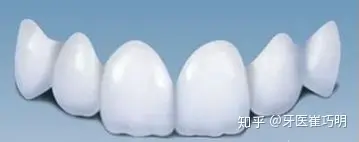
The advantages of zirconia ceramic teeth include low radioactivity, high density, high strength, and no metal inner crown. It has unique anti-fracture properties and strong curing properties even after fracturing, which can be used to restore long bridges that cannot be achieved with other all-ceramic systems. Although zirconia ceramics do not have metal support, they have high strength, an index of refraction similar to natural teeth, high edge tightness, and excellent aesthetic effects.
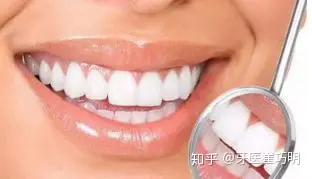
In addition, it has good transparency and refractive properties, and will not produce black lines in the neck of the teeth, making the neck of the teeth also have good aesthetic effects that traditional porcelain cannot match.
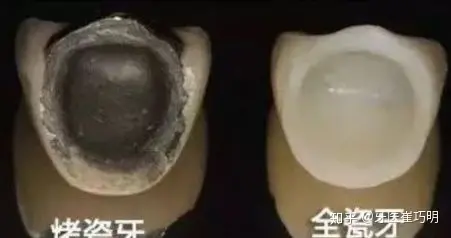
Highest reliability
Zirconia does not produce any metallic odors. When in contact with air, water, or any other electrolyte, it quickly a thin oxide film, which not only prevents metal corrosion but also eliminates metallic odors. Additionally, non-metallic zirconia does not obstruct X-rays. Therefore, once zirconia porcelain crowns are placed, there is no need to remove them for head X-rays, CT scans, or MRI, thus saving a lot of trouble.
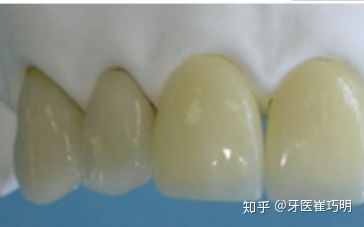
Excellent biocompatibility
Zirconia dioxide is an excellent high-tech biomaterial with good biocompatibility, superior to various metal alloys, including gold. It is suitable for oral applications as it does not irritate the gums or cause allergic reactions, avoiding adverse reactions such as allergies, irritation, and corrosion caused by metals in the oral cavity.
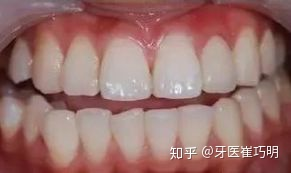
Extremely high quality
Zirconia all-ceramic teeth are not only expensive due to the material and equipment used but also because they utilize the most advanced computer-aided design and laser scanning technologies. The production process is controlled by computer programs, ensuring the accuracy of the internal crowns and excellent edge tightness. This results in a perfect fit between the fabricated ceramic teeth and the patient's natural teeth, greatly reducing the incidence of root inflammation after restoration.
Apart from being relatively expensive, zirconia all-ceramic teeth have no significant disadvantages compared to other similar restoration methods.
In conclusion, zirconia porcelain crowns made from zirconia material are currently the best choice both domestically and internationally. They have no inherent drawbacks.
